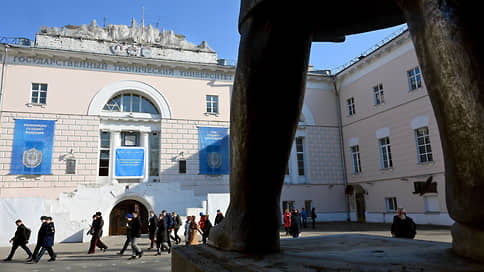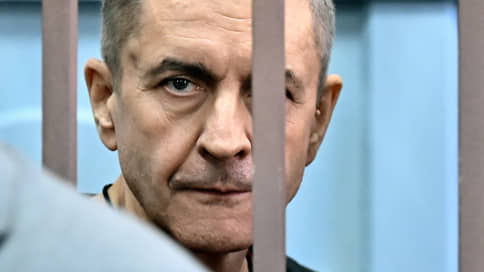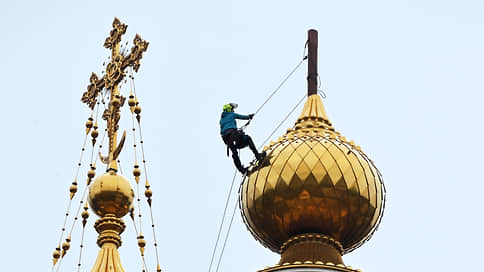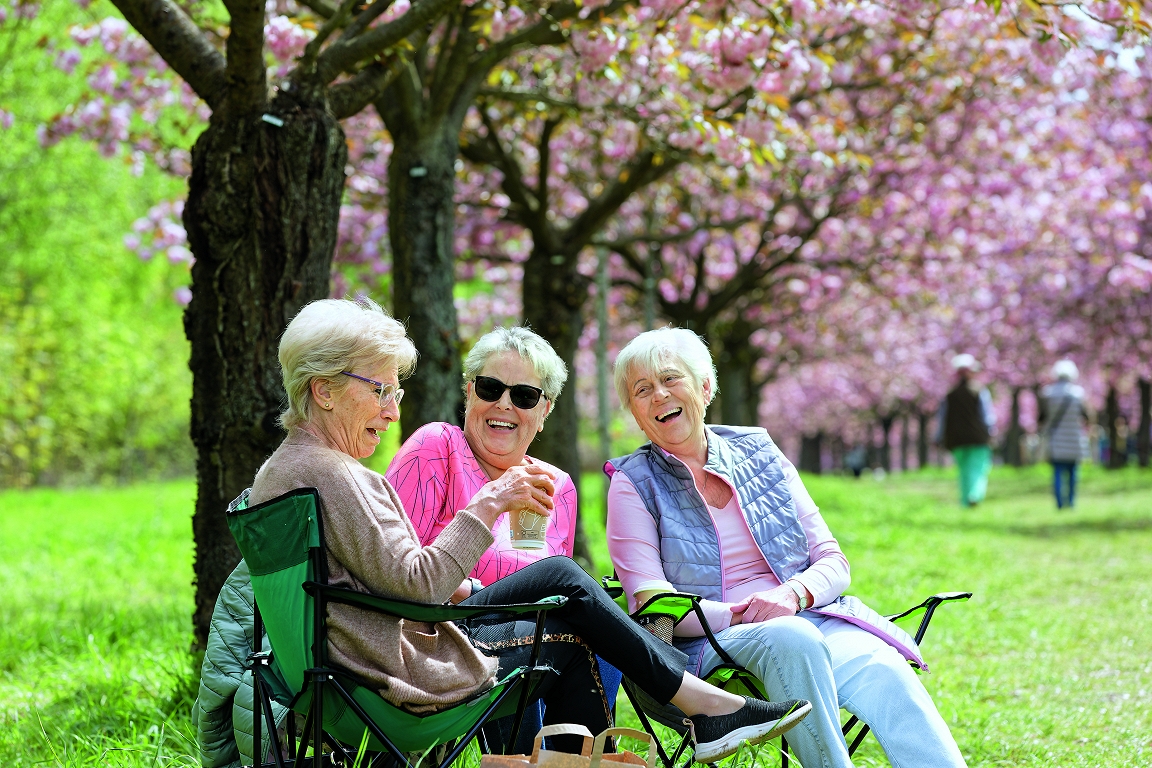Putin instructed to limit the reception to paid places in universities

The president instructed the government to consider the possibility of restricting admission to paid places in universities. For this, it is proposed to work out the possibilities of endowing the Ministry of Education and Science with the right to control the distribution of not only vacant budget, but also paid places. It is proposed to issue preferential educational loans only to areas that provide the country’s technological leadership. Experts surveyed “Kommersant” notes that this will help to fight universities that make up low -quality educational services, but can contribute to the growth of the cost of training.
Vladimir Putin Approved The list of instructions following a meeting of the Presidential Council on Science and Education of February 6. Several of them are associated with measures that can limit the possibility of getting paid education at the university. The government is instructed to create a list of specialties “corresponding to the tasks of ensuring technological independence and technological leadership” of the country, and to issue preferential loans for education only to these areas.
The President also instructed to consider the possibility of emphasizing the Ministry of Education and Science with powers in accordance with the maximum number of paid places: now the leadership of universities is solving this issue independently.
If the Ministry of Education and Science has such powers, it will be able to regulate the reception to different areas of preparation depending on the needs of the economy.
“About half of the students are currently studying on a paid basis,” Kommersant was informed in the Ministry of Education and Science. “This leads to the preservation of imbalances that are unleasable in the framework of the current legislation in the field of education.” 42.5% of the raiders “study at economic and legal specialties, regardless of an excess of specialists of such a profile”, more than a third of preferential educational loans are issued to these same areas. “New instructions laid the basis of a phased transition to a coordinated policy in relation to a commercial set, allow the orientes to orientation to the needs of the national economy and in the future increase the demand for graduates-payers in the labor market,” the department hopes.
The head of the ITMO reception department Alexei Itin believes that universities who are responsible for the formation of the reception do this for paid places: “We always analyze the demand for training areas and strive to ensure that the level of training of students corresponds to the expectations of employers.” The proposed changes will not become cardinal, he concludes.
“Often, people go to paid places just for a checkmark, spend money, not getting knowledge, since the university does not control their learning process,” complains Bauman Boris Padalkin, vice -rector of Bauman MSTU.
The restrictions, in his opinion, will help reduce the number of “low -quality universities that simply earn money for students.” The rector of the Russian new university, Vladimir Zernov, objects that not restrictions on admission, but more strict control over the quality of education: “An unlimited number of students can also be recruited to paid places, but the weak ones are eliminated according to the results of the session, if they are seriously approaching this.”
“If you uncontrollably recruit paid students, the load on teachers increases and the level of training is falling,” said Boris Ilyukhin, senior researcher at the Center for Continuing Economics of Continuing Education of the Radias. Universities, in his opinion, may not expel weak students « because of fears to lose money. »
The selection of socio-humanitarian specialties unclaimed in the economy instead of the necessary engineering and technical specialties is associated with poor career guidance work with schoolchildren, said Irina Abankina, chief researcher at the Center for Financial and Economic Decisions in the Education of the Higher School of Economics.
In addition, often graduates who could enter the budget in their region decide to pay for training in capital’s universities, believing that this will open up “career prospects that are not at home”.
The general director of the educational company Maximum Education Mikhail Myagkov notes that the restriction of paid reception will inevitably increase competition for places, which will increase both the passing score and the cost of training. “The price will increase, including due to the fact that universities will want to compensate for falling income from reducing the number of paid students,” he adds. At the same time, the expert admits that the distribution of paid places, taking into account the requests of regional labor markets, would reduce the “imbalance between the number of graduates and affordable jobs” and would increase the demand for young specialists.
It should be noted that the restrictions on the paid reception from the Ministry of Education and Science are already implemented in this reception campaign. So, before, universities had the right to recruit more warders than they indicated in terms of admission if there was demand for additional commercial places. In 2025, universities are required to place the number of open places open for receiving paid places before the start of crediting – no later than April 30. It will be impossible to change their number after this date.







